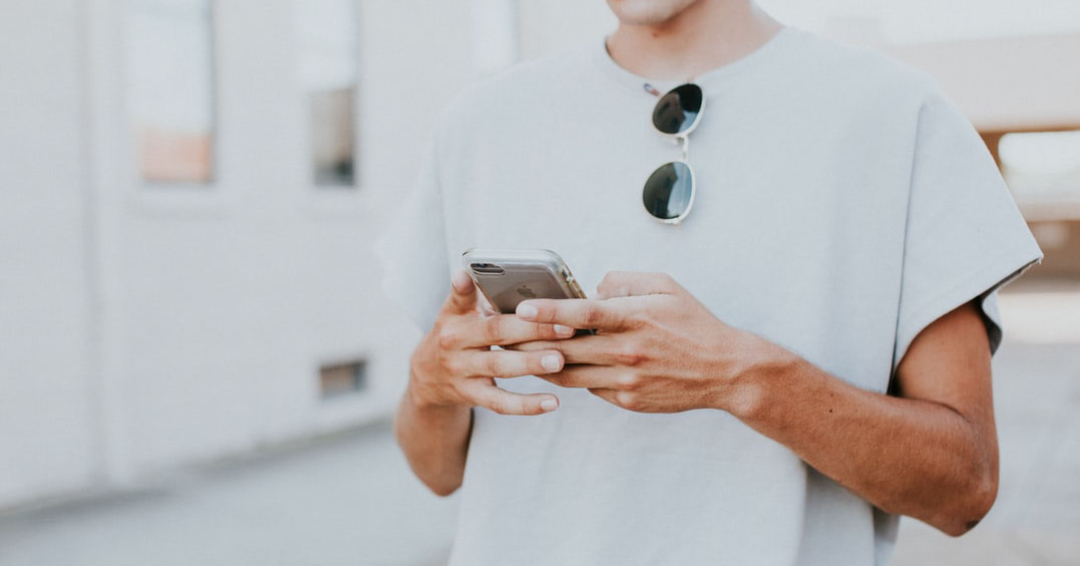How Social Media Effects Anxiety
As adolescents and teenagers continue to experience higher rates of anxiety, the mental health condition seems to have become a normal part of growing up. Social anxiety in particular is impacting more young people. And social media maybe largely to blame.
Social anxiety is the intense fear or phobia of social and performance situations, or to put it simply, anxiety over face to face actions.
Why is that? It’s because social media platforms including Facebook, Instagram, SnapChat and even online gaming have taken the place of in-person gatherings. Behind a screen, teens can carefully construct their personas and compose their responses to their friends. When faced with in-person encounters, that sense of security goes away, which can leave them feeling anxious about how to interact with people.
According to research conducted by the American Academy of Child and Adolescent Psychiatry, some teenagers spend almost nine hours a day online not including time spent doing homework. Today’s teens would much rather email or text another person instead of meeting up in a park for a conversation or talking freely on the telephone.
In addition to the impact it has on their anxiety, studies have also shown that social media can greatly influence a teenager’s self-esteem. Social media can portray unrealistic beauty standards, which can cause teenagers to feel like their own bodies will never measure up. While this is particularly true for girls, boys are also impacted. Both can suffer from eating disorders as a result.
On social media, people typically only post the best version of themselves. There are the expensive vacations, graduation ceremonies and elaborate proposals and gender-reveal parties. People rarely post about the exhaustion that comes with parenting, the bad grades or soul-shattering breakups. Both are part of life. But when adolescents are struggling, it’s hard for them to see that.
So how does social media and social anxiety disorder fit together? Positive feedback — whether it be a new follower, a like on a post, or a string of hearts as a comment — activates the brain’s dopamine. That’s the chemical that rushes through creates a high for rewards and pleasure seeking behaviors.
Teens seek positive rewards — and the rush that comes with them — but are unaware of the negative consequences that follow when those comments and likes do not come. This can manifest itself in poor sleep, loss of interest in activities they previously enjoyed and even trouble managing their weight.
Put together, these symptoms can be considered part of social media addiction.
While social media addiction is relatively new and not fully understood in the field of psychology, practitioners have found that Cognitive-Behavioral Therapy can help teens cope with it. Through the use of redirecting negative thoughts, relaxation and meditation and taking social media breaks.
Have you noticed your teen beginning to withdraw from social activities or display heightened anxiety that does not seem to go away?
The Pathways team of professionals has helped thousands of people with anxiety. We are Dedicated to effective and compassionate care for individuals with mental health challenges.
Resource: https://www.aacap.org/AACAP/Families_and_Youth/Facts_for_Families/FFF-Guide/Social-Media-and-Teens-100.aspx




